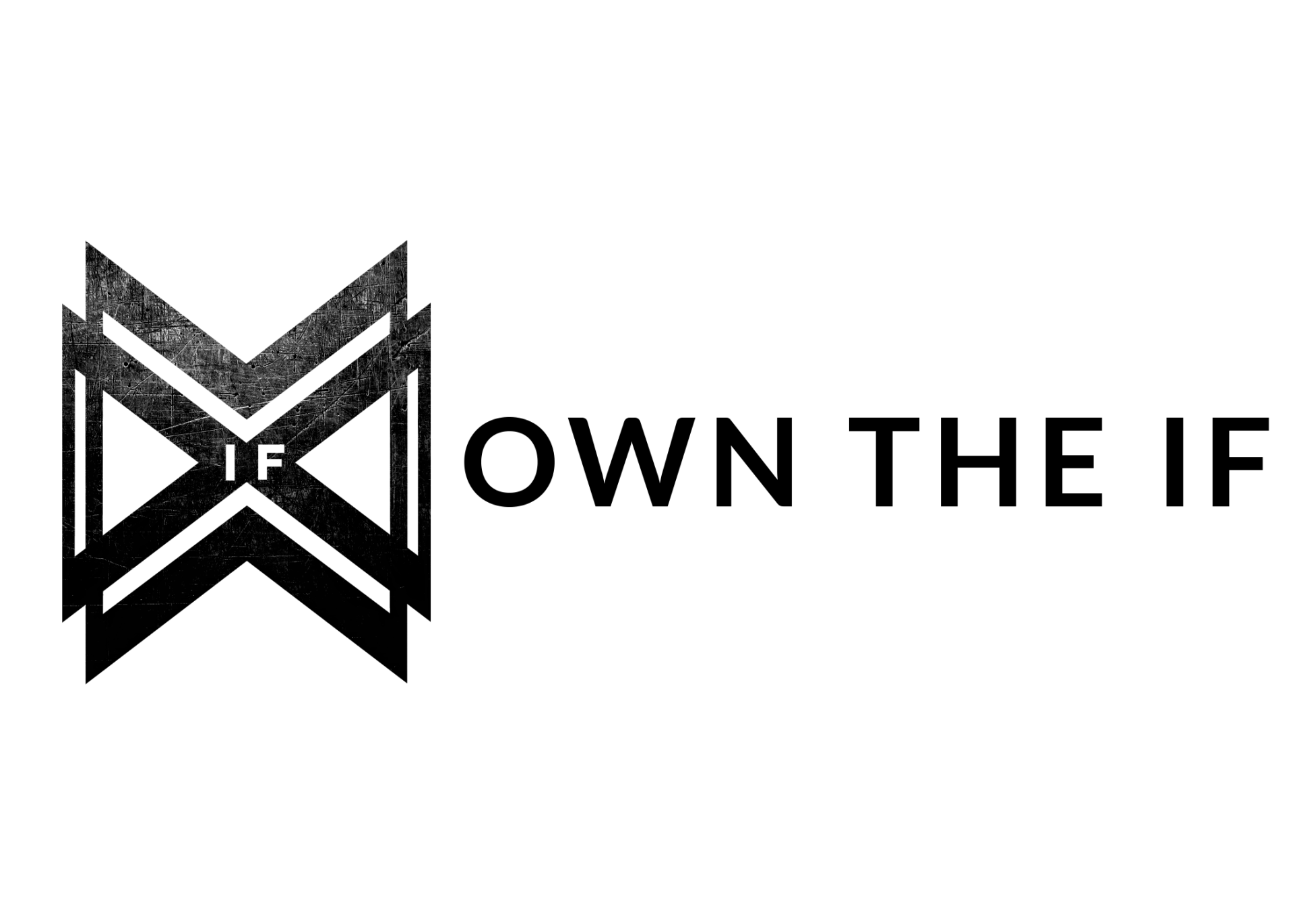Ever crawl into bed exhausted—but suddenly your brain is like:
"Perfect. Now that you're still… let’s review every awkward thing you’ve ever said and done since 2012."
Yeah. Me too.
Most of us treat sleep like an on/off switch. We bounce between emails, the news, texts, reels, and late-night snacks—telling ourselves we’ll go to bed “soon”—then expect our bodies to just shut down on command.
We finally crawl into bed and wonder why it takes an hour to fall asleep, doing that backwards anxiety sleep math:
“If I fall asleep now, I’ll get 5 hours and 42 minutes before my alarm goes off.”
But here’s the thing... doing all of those things before bed didn’t prepare us for rest. We inadvertently prepared for stimulation and rumination.
No wind-down. No sleep cues. Just full-throttle brain activity right up to the moment our heads hit the pillow. And if we’ve been in reaction mode all day—juggling, responding, absorbing—our nervous system doesn’t just magically know it’s time to sleep.
We’re tired, but wired...and caught in a rumination loop.
I’ve Been There
I’m a chronic over-thinker. There was also a long period of time that I was terrible at sleep.
Five straight years of night shifts as a trauma nurse will mess with your body clock. Running from one critical situation to the next, I was constantly primed for fight-or-flight from 7 p.m. to 7 a.m. Add a newborn into the mix and… let’s just say my circadian rhythm was nonexistent. Even on my days off, I’d lie awake—replaying my shifts over and over again, or worrying about the ones still to come.
Since leaving overnights in 2020, I’ve done a lot of work to get my sleep back on track—and I’ve shared plenty of tools here that helped. But even now, I like having backups in my toolbox. Because sometimes, the things that usually work… don’t
That’s where the contrast shower comes in.
Contrast Showers for Sleep
I first heard about this from Gary Brecka—a human biologist, longevity expert, and host of The Ultimate Human podcast. His mission is all about helping people unlock better health and performance through science.
When he explained how a 2 minute hot-to-cold shower could disrupt the catecholamine loop and help the nervous system reset, I was intrigued—but skeptical. I love cold plunges, but a cold shower at night? That sounded like a recipe for even less sleep.
Still, I tried it.
It was the night before a trip—peak overthinking time. Packing. Don’t-forgets. Last-minute work tasks. Even with four lists and a million checkboxes, I knew I’d be lying in bed ruminating and overanalyzing everything, because I always do.
So I did the thing, with my mind racing as I turned on the shower:
- Hot water for 90 seconds
- Ice-cold water for 60 seconds
It was wild. I counted the seconds. My system was definitely shocked—in a good way. I toweled off, climbed into bed, and instead of spinning out, I actually felt…calm. Quieted. Ready for sleep.
Something had shifted. I was no longer in the rumination loop.
What’s Actually Happening: The Catecholamine Loop
Let’s break it down.
Your brain and body talk to each other using chemical messengers. A group of those messengers—called catecholamines—includes dopamine, norepinephrine, and epinephrine. These are stress-related chemicals designed to help you react quickly in important situations.
They’re super useful when you need to slam on the brakes, speak up in a meeting, or react fast in a crisis. They help you focus, move fast, and stay alert.
But there’s a catch: They don’t just respond to real danger. They also respond to thoughts that feel urgent—like worry, regret, and overthinking.
Here’s how the loop works:
- You think something stressful.
- Your body releases catecholamines.
- You feel more wired and anxious.
- That triggers more thoughts.
- Which releases more stress chemicals.
- Repeat.
The loops we get stuck in? They’re not weakness. They’re just chemistry.
Ever notice how a tough workout can clear your head—even if your situation didn’t change? That’s you breaking the loop. Exercise burns through those chemicals. It gives your body a job to do, which forces your brain into the now.
The contrast shower works the same way. It helps burn through the stress hormones that keep you lying awake, spinning in your thoughts.
The Protocol: How to Do a Contrast Shower for Sleep
It sounds counterintuitive. Cold water? At night?
But this isn't about relaxation, it's about interrupting the pattern—resetting your system so it can stop whirling and start winding down.
Step 1: Start hot.
Crank the water as hot as you can tolerate (without burning yourself). Let it run over your neck and shoulders for 60–90 seconds. Relax. Breathe.
Step 2: Go cold.
Turn the water to as cold as you can handle. Let it run for 30 seconds before stepping in. Then stay under it for 30–60 seconds. Keep breathing nice deep breaths.
Then hop out. Yes—it’s a shock. That’s the point.
The sudden shift:
- Interrupts your stress loop
- Activates your vagus nerve (your calm-down switch)
- Regulates blood flow
- Flushes lingering stress hormones
Your body resets. Your brain follows.
Stack It with Other Sleep Signals
The contrast shower is powerful on its own—but it works even better as part of a sleep system. Stack it with:
- A consistent bedtime. Your body thrives on rhythm. If it knows when sleep is coming, it gets better at preparing for it.
- A cool, dark room. Heat and light are stimulating. Turn your thermostat down. Use blackout curtains or an eye mask to signal to your brain that it’s time to power down.
- A 5-minute brain dump before your shower. Write down anything you’re afraid of forgetting. Your top 3–5 priorities for tomorrow. Notes, reminders, even the mental clutter. This clears your brain’s “open tabs” and tells your system, “We’ve got it handled.”
- Put your phone away. Give your brain a chance to come down from the day. Try to aim for 30–60 minutes of no screens before bed. If that isn't an option, go to settings and put the display on Night Shift mode.
- Breath + imagery. One more Gary tip: if thoughts pop up, imagine them sliding down from your brain into your lungs—and exhale them out.
Bringing It Home
You don’t have to earn rest. You just have to make space for it.
When your brain won’t shut off, it doesn’t mean you’re doing something wrong. It means your nervous system is still running the day’s programming. That’s not a personal failure—it’s just chemistry.
The contrast shower gives your body something louder than the loop. It shifts you from wired and tired to calm and ready.
It’s not always comfortable.
But neither is staring at the ceiling at 1 a.m., replaying the day—or that thing you said two weeks ago—for the seventh time.
This is one more tool. One more way to reset.
Remember, sometimes, one strong signal is all it takes.
Give it a try. If it helps—awesome. Toss it in your toolbox. If not—that’s okay too.
Sometimes knowing what doesn’t work for you is just as important.


